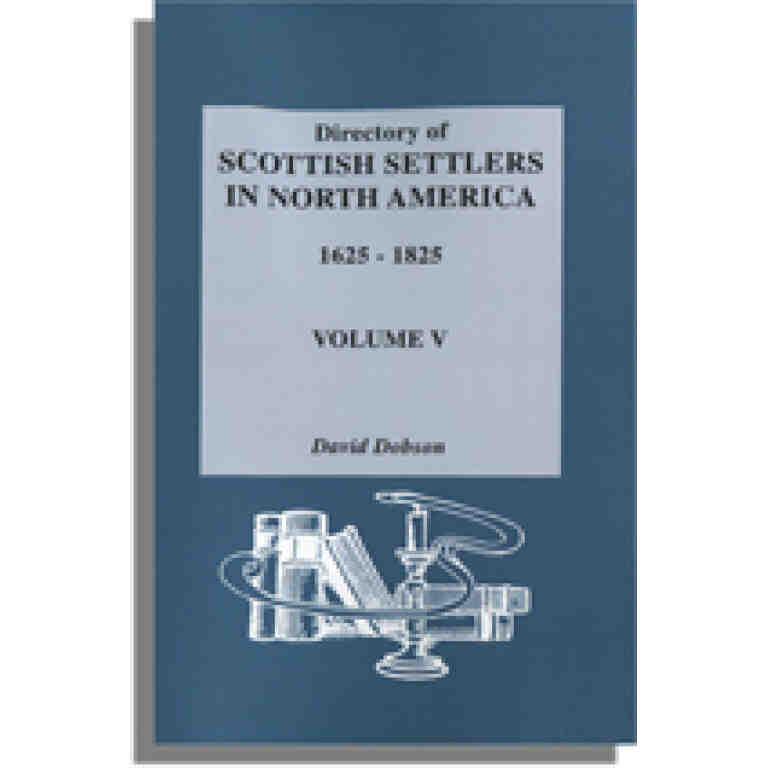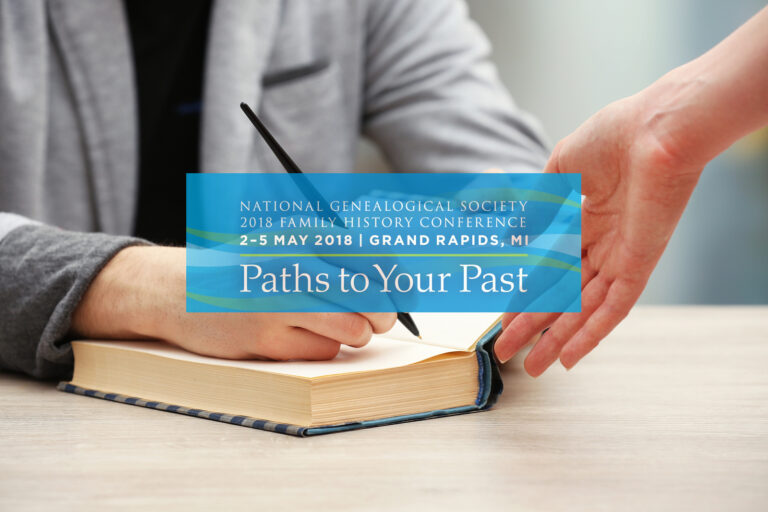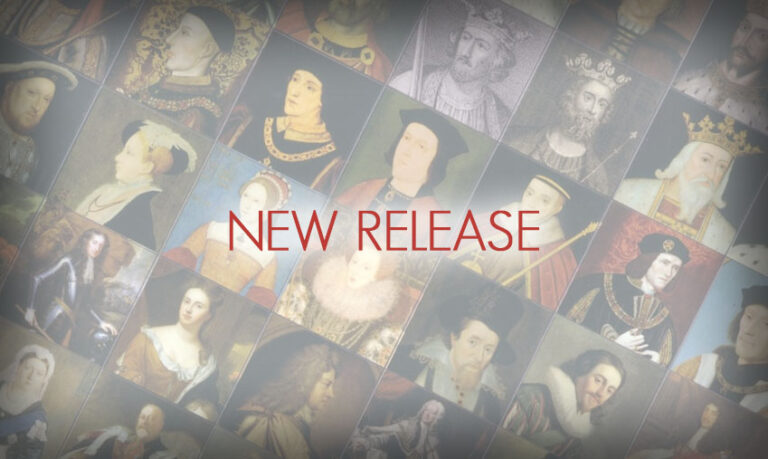Our Blog

May 22, 2018
New Royal Lines (including Meghan Markle’s) in Royal Descents of 900 Immigrants
Read more

May 21, 2018
Why the Revised Third Edition of EVIDENCE EXPLAINED, by Elizabeth Shown Mills is a Must-Have for your Book Shelf
Read more

April 30, 2018
Problem Analysis from Professional Genealogy: Preparation, Practice & Standards
Read more
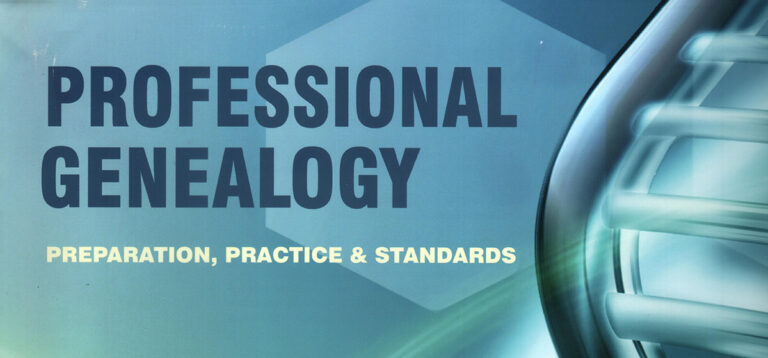
April 23, 2018
NEW RELEASE | PROFESSIONAL GENEALOGY: Preparation, Practice & Standards (ProGen PPS)
Read more
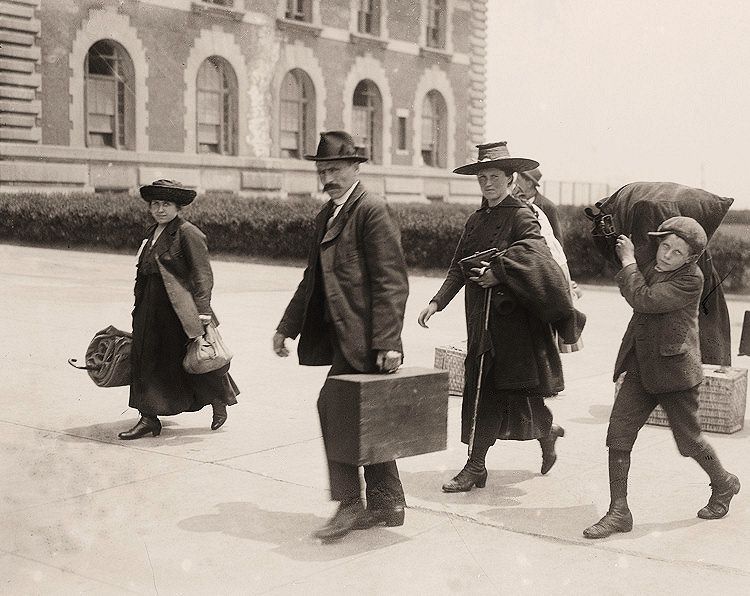
April 16, 2018
Still More Valuable Genealogy Tips from The Researcher’s Guide to American Genealogy. 4th Edn.
Read more



